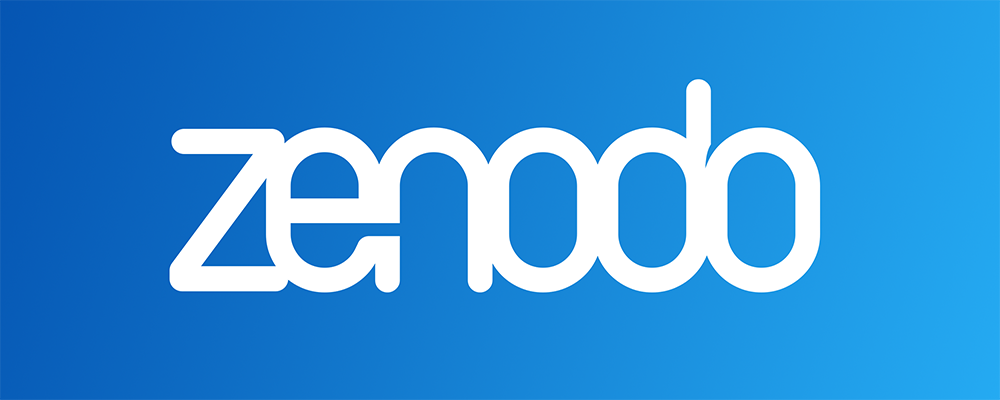This short form article was originally accepted to be published in a Special Open Access Collection in the journal, Development and Change, however, was withdrawn by the authors due to unacceptable licensing conditions proposed by the publisher. Diversity is an important characteristic of any healthy ecosystem. In the field of scholarly communications, diversity in services and platforms, funding mechanisms and evaluation measures will allow the ecosystem to accommodate the different workflows, languages, publication outputs and research topics that support the needs of different research communities. Diversity also reduces the risk of vendor lock-in, which leads to monopolization and high prices. Yet this 'bibliodiversity' is undermined by the fact that researchers around the world are evaluated according to journal-based citation measures, which have become the major currency of academic research. Journals seek to maximize their bibliometric measures by adopting editorial policies that increase citation counts, resulting in the predominance of Northern/Western research priorities and perspectives in the literature, and an increasing marginalization of research topics of more narrow or local nature. This contribution examines the distinctive, non-commercial approach to open access (OA) found in Latin America and reflects on how greater diversity in OA infrastructures helps to address inequalities in global knowledge production as well as knowledge access. The authors argue that bibliodiversity, rather than adoption of standardized models of OA, is central to the development of a more equitable system of knowledge production.
